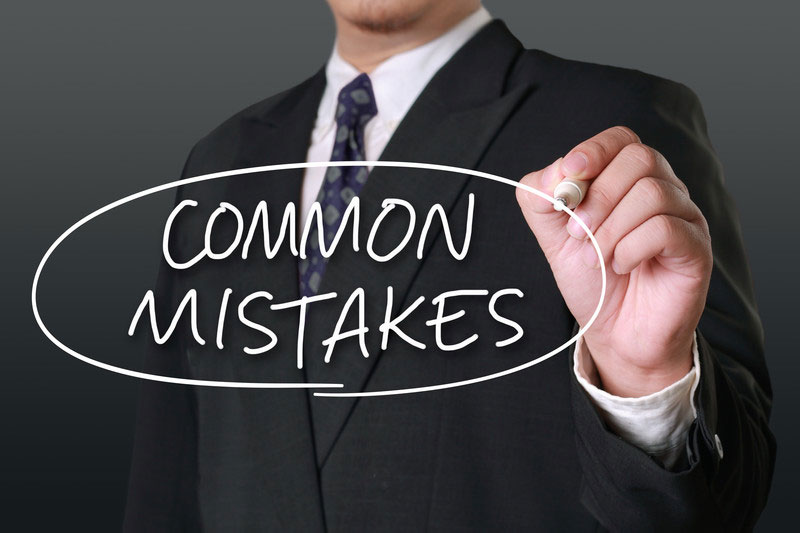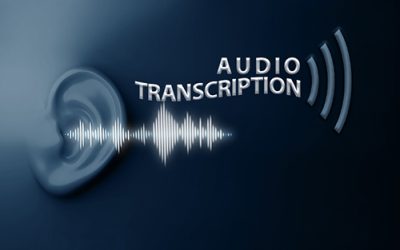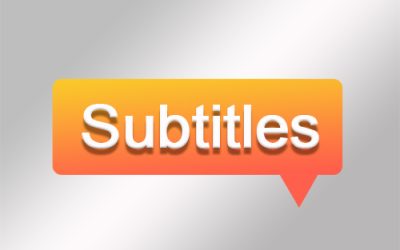Most students consider writing a dissertation as a challenging task. As a digital transcription service company, we ease the task by helping them complete their research documentation accurately and in a timely manner. However, to write a good dissertation, you should know about the mistakes to avoid. Here is some expert advice on this matter:

-
- Not researching sufficiently on the topic: Choosing an interesting topic and one that you are passionate about is crucial. But you should make sure that there is enough research material on the topic to support your points. To define the rationale for your research work, you need to describe how it fits within the wider research context in your area. Without a good literature review, you cannot persuade readers that your research is relevant and worth doing. If you are giving background information on a subject, older research may be sufficient. However, the crux of your paper should be recent studies as researchers are discovering new information every day.
-
- Not having deadlines: Filing dates for dissertations have rigid deadlines. Without setting deadlines, you can fall behind schedule. Taking deadlines lightly is a mistake. To keep your work on track, set solid deadlines and ensure that each section of your dissertation is completed in a timely manner.
-
- Not selecting a proper survey instrument: You need to choose a tested and validated survey instrument to measure the variables that you are studying.
Inappropriate instruments and lack of rigor will lead to poor quality data. Your survey instrument scales should be reliable and valid, and assess the constructs in your research questions (www.statisticssolutions.com).
- Not selecting a proper survey instrument: You need to choose a tested and validated survey instrument to measure the variables that you are studying.
-
- Not communicating effectively with your supervisors, committee members and peers: Poor communication with your supervisor and others involved is one of the biggest mistakes you can make. Schedule meetings or phone conferences with them to keep them informed about your needs, challenges and intentions. This is crucial to get feedback and also help ensure that you are on track and keeping to the plan. Discussion with peers can also help improve the writing. Michael Kiparsky, a National Science Foundation Graduate Research Fellow in the Energy and Resources Group (ERG) at the University of California at Berkeley, notes that a peer support group can “guide you through the confusion, improve your writing, and help you spend your time wisely (www.unl.edu). Limit the size of the peer group and choose members wisely.
-
- Formatting and other errors: Watch out for mistakes such as: missing, misplaced, or incomplete pages, abstract length that doesn’t adhere to your institution’s guidelines, formatting errors, lack of academic integrity, and grammatical and punctuation errors. To avoid such errors, get your dissertation edited. Editing also goes beyond proofreading – it involves checking the structure of the paper, chapters, and references. You can get this done by a professional editing service – a fresh set of eyes are invaluable in detecting different types of errors.
-
- There is no original contribution: While a dissertation will have extensive references to previous studies in the area, the focus should be on making an original contribution. Originality does not mean making a groundbreaking discovery. It can mean things such as making a meaningful comparison of different viewpoints, interpreting text with a critical outlook, taking an already discussed idea and developing further insights, etc.
-
- Getting discouraged by setbacks: It is common to run into problems when you’re writing your dissertation. This can range from topic and methodology selection and finding literature and data to following style guides and time management. Don’t let these setbacks get the better of you. If you are confront by a major problem, assess your progress and think of the positives. Take a break from your work and return refreshed.
- Not knowing when to stop: The American Psychological Association warns students against not knowing when to say “enough”. The goal of the dissertation is to demonstrate critical-thinking and research skills, but while you might rewrite it many times, you should stop trying to perfect it at some point. You should strive to restrict your work and not expand on it as new data on your topic may be published every day.
Academic transcription outsourcing companies are well aware of the challenges that students face when writing dissertations. They support them by providing quality transcription of interviews, seminars and meetings so that students can focus on their core tasks and meet their project deadlines.



